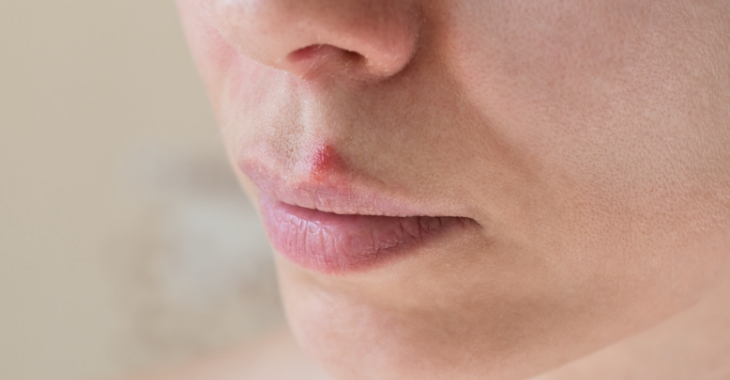Hair Loss Treatment
Hair loss, known medically as Alopecia Areata, is a condition in which hair is lost from parts of the body, most commonly from the scalp. Alopecia Areata causes bald spots on the scalp and is often referred to as “spot baldness.” In rare cases this hair loss can spread to the entire scalp and even the entire body.
Hair loss is not contagious, but there are factors that indicate that heredity plays a large role. A person has a high increase of developing hair loss if two or more members of his/her family has it. Hair loss is also more highly to occur in people with relatives with autoimmune disease. Alopecia Areata is thought to be an autoimmune disorder in which the body attacks its own hair follicles and stops hair growth.
The first symptoms of “AA” are small bald patches, typically on the scalp. These patches are typically round or oval in shape, but can form in different shapes. Other parts of the body that have hair can be affected, such as arms and legs. Many times the hair loss can be painful or may cause a tingly sensation. Hair loss is typically fast and occurs over a short period of time. Any of these symptoms should be reported to the doctor right away for treatment.
Treatments for AA include topical steroids, intralesional injections of cortisteroid, topical suppression ointments, and others. The success rates of different treatments greatly depends on the severity of a person’s hair loss. In cases of mild AA, hair will usually grow back after a few months to a year. However, in severe cases hair loss can spread to the entire bod. A doctor will diagnose eace person on a case by case basis. AA can cause psychological stress in certain people because of the significant appearance changes. Talk to your doctor right away with any symptoms that you are concerned with.
Posted on behalf of Medical Dermatology Specialists
The information provided on this website, including text, graphics, images, and other materials, is intended solely for informational purposes and should not be used as a substitute for professional medical advice, diagnosis, or treatment.

)